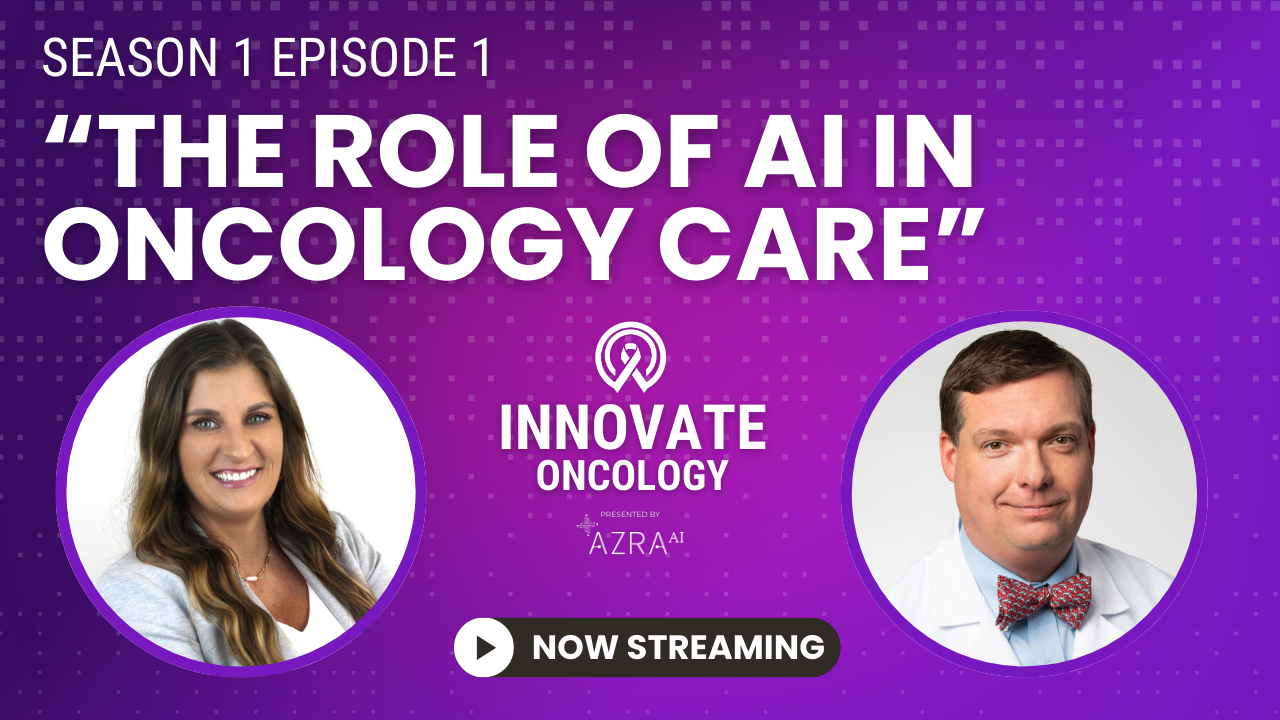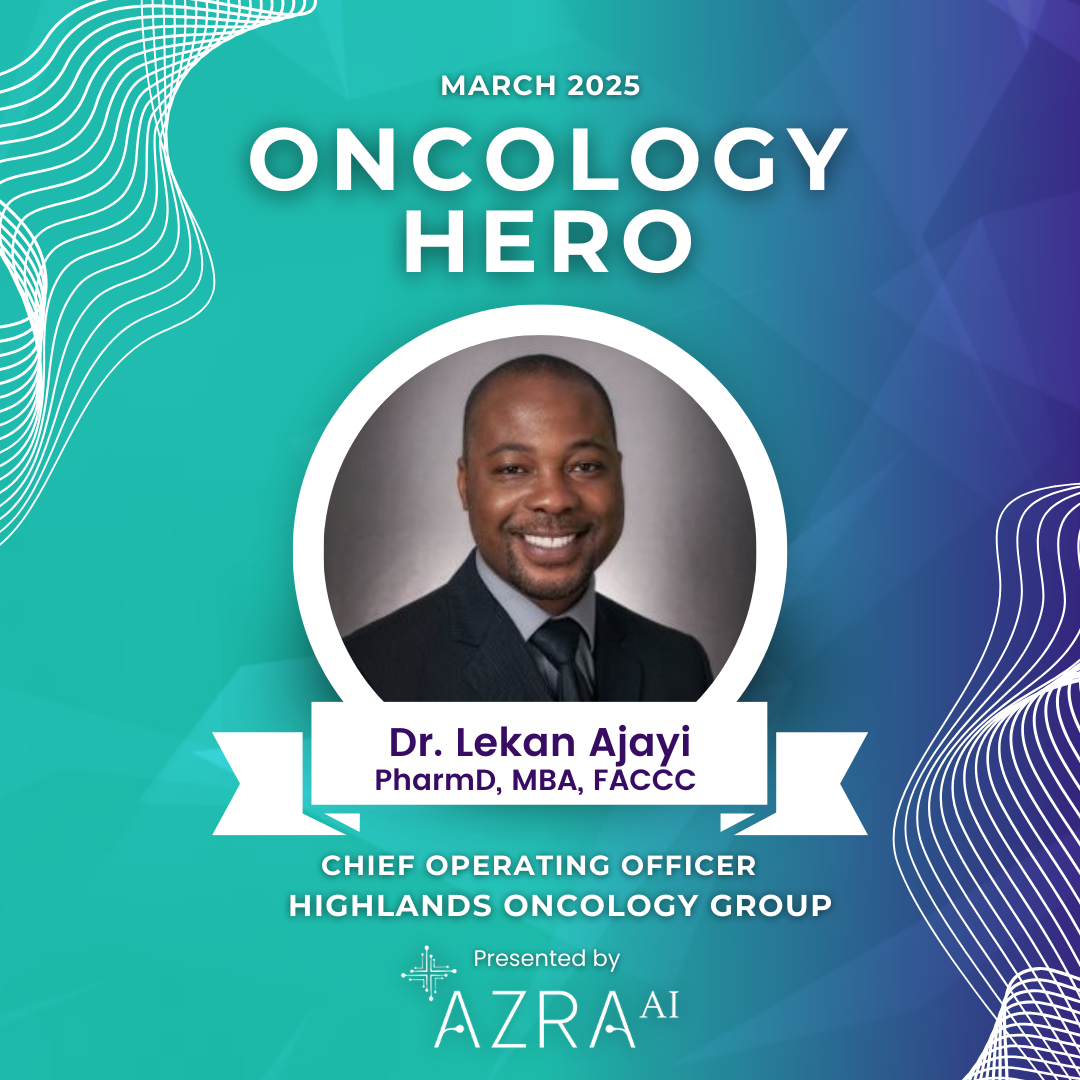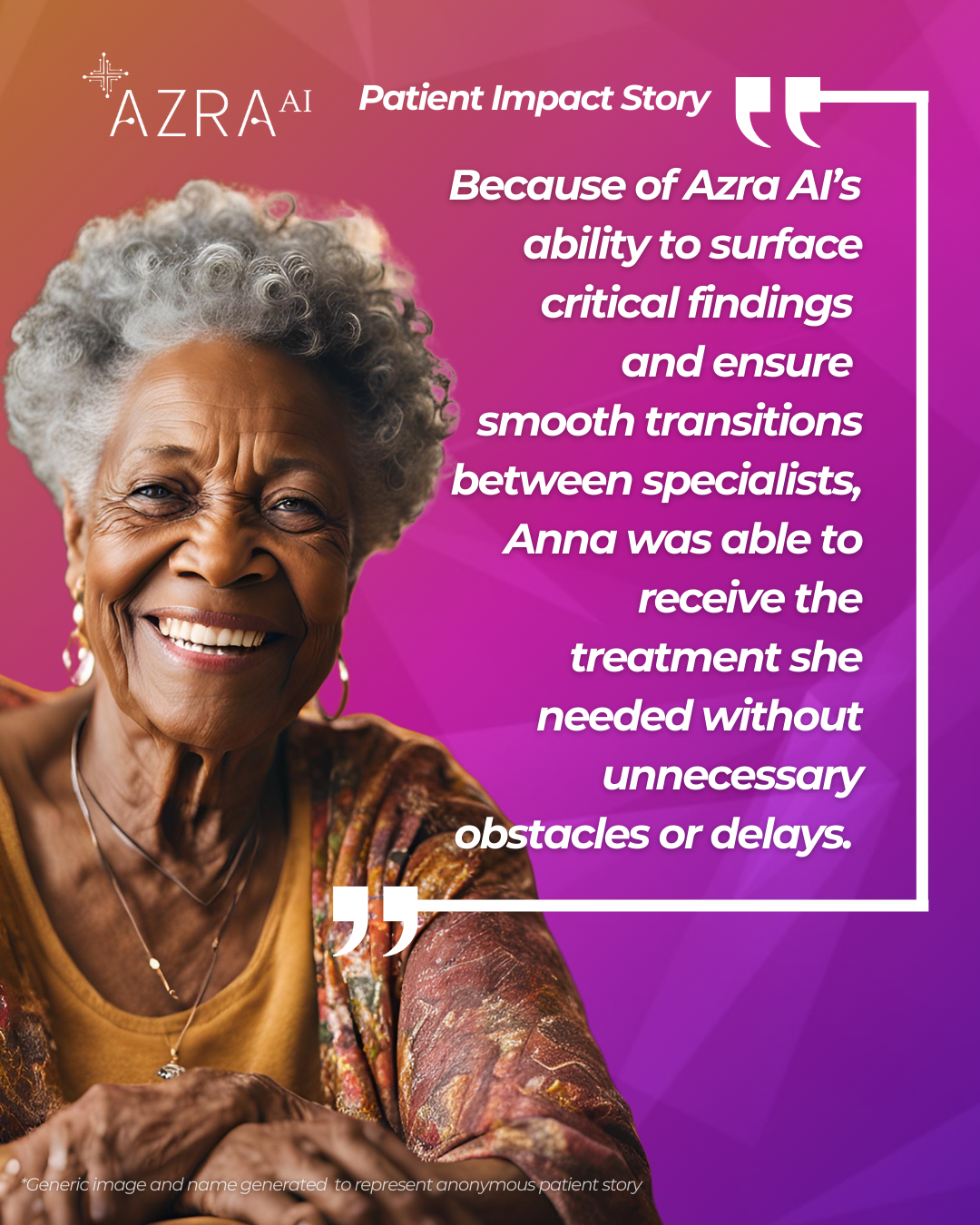Headache Or Abdominal Pain Symptoms Associated With Cancer
Learning you have an incurable cancer is not a diagnosis anyone is ever prepared for. While cancer can cause almost every symptom imaginable, oftentimes there's no warning signs until the cancer has spread making it difficult to treat. With advances in medicine and technology and healthy habits, there are many ways to lower the risk of cancer, however, it's still the second leading cause of death.
Debashish Bose MD PhD FACS Director of Surgical Oncology Mercy Medical Center, Baltimore MD tells us, "There is a statistical argument to be made that cancer deaths have not decreased at the same rate as other major causes of death. According to the Centers for Disease Control and Prevention, deaths related to heart disease and cerebrovascular disease have decreased at a much greater rate than the more modest decrease in the cancer death rate. While there are a number of cancers in which great strides have been made in terms of treatments, for a majority of solid tumors especially, those gains are modest if any. The greatest strides in death rate due to specific solid tumor cancer types are in diseases like breast cancer and melanoma, while almost no changes have occurred for diseases like pancreatic cancer. Screening programs have played a role in this, but that statement is somewhat controversial as data demonstrating the role of screening in decreasing mortality are unclear."
Everyone's path to recovery is different, but six year pancreatic cancer survivor,Chris Joseph, Owner of CAJA Environmental Services, LLC and author offers hope and shares how he beat such a deadly cancer. "If I had to name a couple of key things (not easy to do) I would say cut down on processed sugar. The amount we put in our bodies today as compared to say, 150 years ago, is astounding. Second, become aware of what you put on, in, and around your body and home at all times. Becoming healthy/staying healthy is hard work. But getting/dealing with cancer is infinitely more difficult." Read on—and to ensure your health and the health of others, don't miss these Sure Signs You've Already Had COVID.

Dr. William Li, physician, scientist, president and medical director of the Angiogenesis Foundation, and author of Eat To Beat Disease: The New Science of How Your Body Can Heal Itself says, "Most of the deadliest cancers, such as brain, pancreatic, gallbladder, ovarian, and melanoma, are silent in their early stages, meaning they have no symptoms. They make their presence known when they are quite advanced. The symptoms will depend on the organ in which they arise. For example, headache (for brain cancer) and abdominal pain (pancreatic, gallbladder, ovarian cancer)."
Sean Marchese, MS, RN, a registered nurse at The Mesothelioma Center with a background in oncology clinical trials and over 20 years of direct patient care experience adds, "The deadliest cancers, such as lung, pancreas or brain cancer, can be overwhelming. The first emotions people feel are fear, anger, resentment and sadness, which only worsen as they jump from one doctor visit to the next and try to plan their treatment schedule. Cancer treatment is improving, but it doesn't mean that living with a deadly type of cancer is any less terrifying. Treatment symptoms, such as fatigue and "brain fog" from chemotherapy, can also complicate existing emotions. Emotional support is critical during this time. Whether you are experiencing symptoms or not, cancer takes a toll on the mind and connecting with support resources and groups is a healthy first step in taking control of your feelings and emotions."
2. Untreatable Cancer Prognosis is Different for Everyone
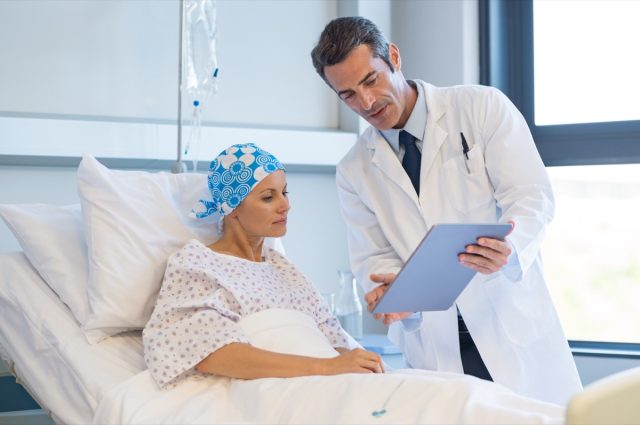
Dr. Li explains, "Over the past two decades, new therapies that attack specific biological targets on cancer cells make cancer treatments more successful. Within the past decade, an exciting new treatment that is based on using your immune system to destroy cancer — immunotherapy — has emerged. With immunotherapy, some cancers that were regarded as previously unsurvivable have been successfully treated leading to complete remission of the cancer. This has been seen especially in melanoma and colon cancer. Pancreatic and ovarian cancers remain among the most deadly cancers, however."
Marchese emphasizes, "Cancer prognosis is different for everyone. Doctors measure prognosis based on a patient's likelihood that they'll benefit from treatment considering their health history and cancer progression. Even deadly cancers, such as pancreatic cancer, can be curable if caught early. The average survival time for pancreatic cancer is about three years, but nearly 10% of patients enter remission after treatment if they have an early diagnosis. Some patients respond better to treatment than others, and life expectancy is not a one-size-fits-all expectation."
3. How to Live Longer with Cancer
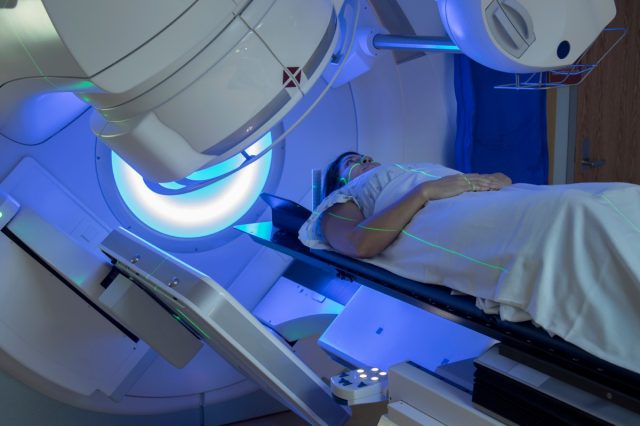
According to Dr. Li, "Use surgery and radiation treatments to reduce the tumor burden in your body. Change your diet to eat foods that boost your health defenses that combat cancer growth; get better sleep; improve your gut health; have your tumor genetically sequenced to look for new treatment options; search for characteristics that might make your tumor eligible for treatment with immunotherapy."
Marchese says, "If you have a high-mortality cancer diagnosis, it's vital not to get stuck on the statistics. The numbers don't apply to everyone; they're usually years behind the most recent treatment effectiveness rates from the newest clinical trials. The best way to increase your life expectancy is to always speak with your doctors and determine the best plan based on your wishes and your response to treatment. Consider new therapies if your current plan isn't working, and look for ways to improve your quality of life. Sometimes lifestyle changes, such as diet or exercise, go a long way in improving treatment outcomes."
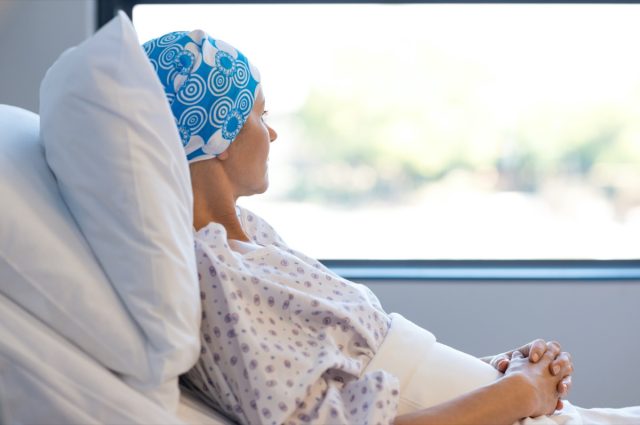
Marchese explains, "Cancer affects nearly a third of the population, mainly due to how many ways cancer can develop in the body. Environmental toxins, such as smoke, and familial history are significant risk factors affecting most Americans. It isn't easy to abide by the healthiest habits every day, and how we eat, sleep and move can impact how likely cancer may develop.
Additionally, most people don't follow up with their doctor for every new symptom or concern, even when those signs could be early warning signs of cancer. Cancer potential comes down to personal prevention and known risk. It's essential to understand how your environment affects you and what you can do to improve your lifestyle or be aware of a family history of cancer."

Dr. Li tells us, "Lifestyle factors can be controlled, such as eating healthy foods, staying physically active, getting adequate sleep, reducing stress all help reduce cancer risk. Having regular cancer screening such as mammogram, colonoscopy, PAP smear, and skin exams are important for early detection. Factors that cannot be easily controlled are: inherited cancer genes, consequences of environmental exposures and toxins."
Chris Cashwell, Chief Executive Officer for Azra AI adds, "Taking care of yourself by exercising and having a good diet can help reduce or eliminate some cancers. Being aware of family cancer history is a key risk factor. Early detection and seeking the right treatment at the right time are keys to defeating cancer. While there are great advances in actual treatment, we should use technology to increase the chances that those treatments work by using technology to identify patients faster and be the "quarterback" of their care. Directing patients to the right place and taking a tremendous emotional and mental burden off of them can help lead to better health outcomes."

